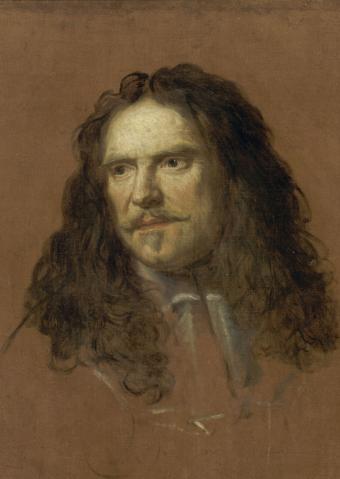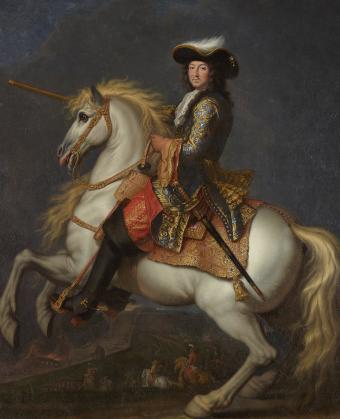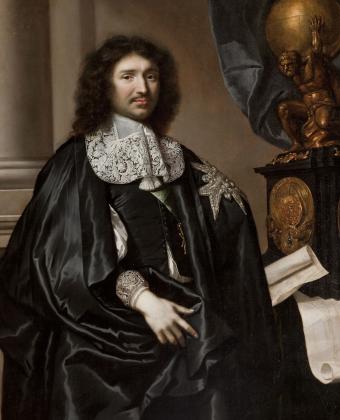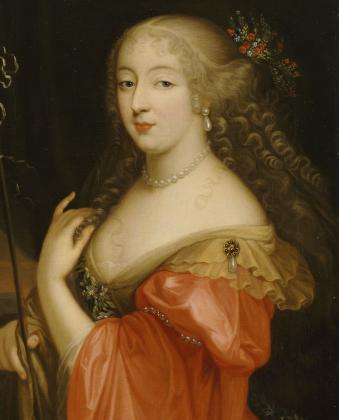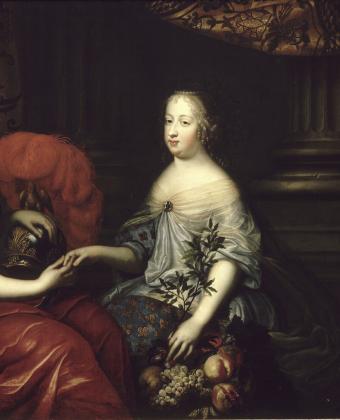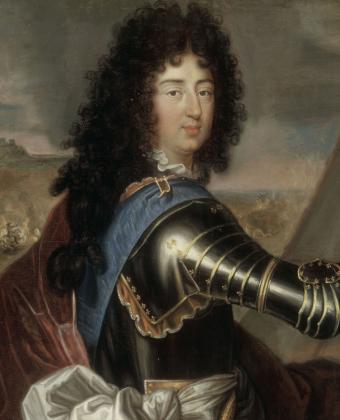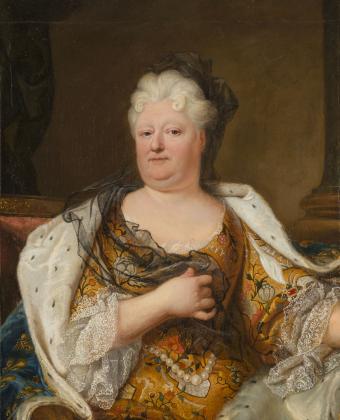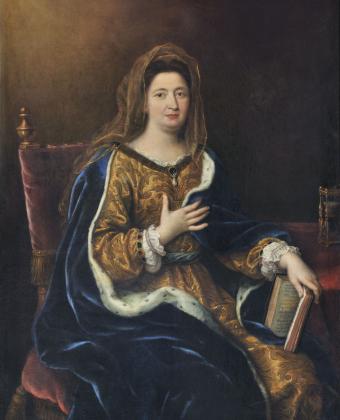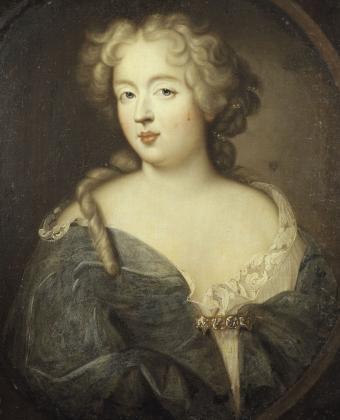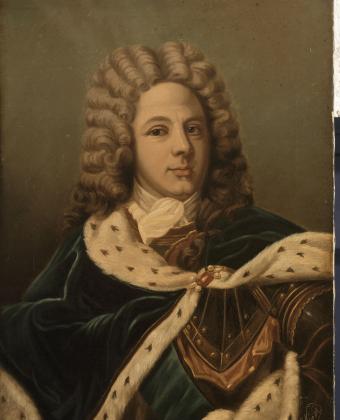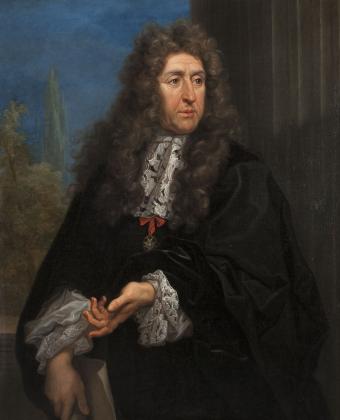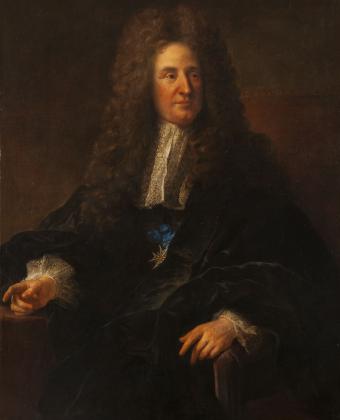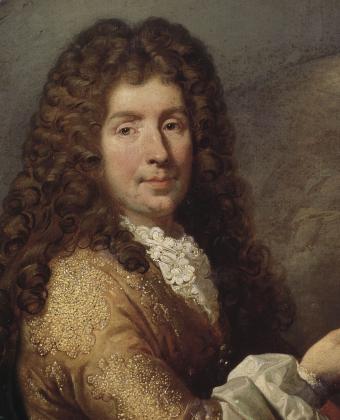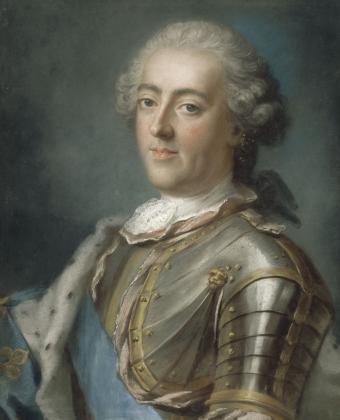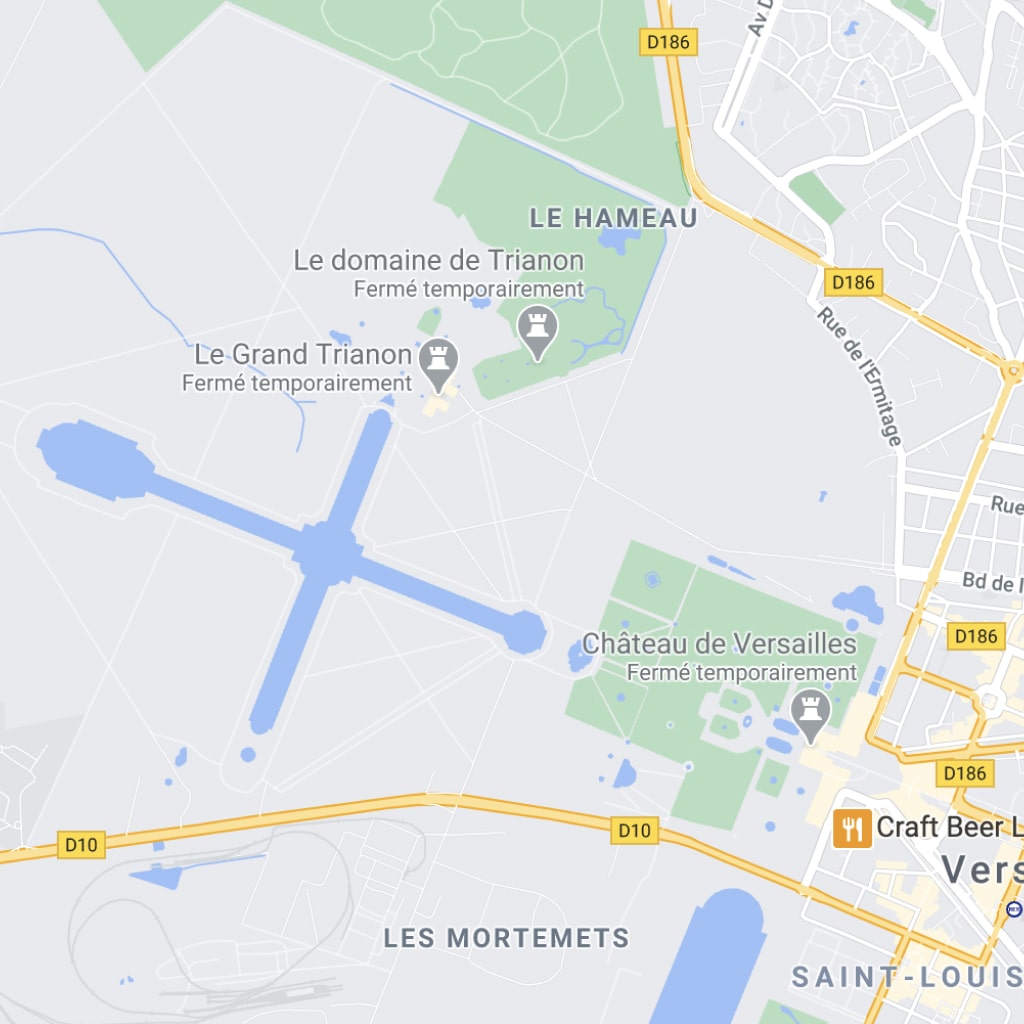Hailed as “France’s greatest military genius before Napoleon,” Henri de La Tour d’Auvergne, Viscount of Turenne, never missed a battle. Born on 11 September 1611, the son of a Marshal, he was introduced to the art of war as a young lad. In 1629 he served as a volunteer in the Dutch army under the orders of his uncle Frederick Henry, Prince of Orange. But his regular stints in the royal court eventually earned him the patronage of Cardinal Richelieu, Louis XIII’s chief minister. He thus chose to continue his military career in the service of France, where his noble origins and proven qualities soon saw him rise to the top of the military hierarchy.
Following the death of Richelieu in 1642 Turenne befriended his successor Cardinal Mazarin, entering the service of the Regent and the young Louis XIV. His campaigns obliged Ferdinand III to sign the Peace of Westphalia in 1648, putting an end to the Thirty Years’ War. A major coup for Turenne. However, during the turbulent period known as the Fronde, a series of civil wars, he decided that he had not been sufficiently rewarded for his work and opted to side with the rebels. He changed sides in 1651, allying himself with the Regent and defeating the Prince of Condé. In 1659 he was instrumental in securing the Treaty of the Pyrenees, marking the end of the war between France and Spain. The following year he was appointed Marshal General of the Royal Camps and Armies, Colonel General of the Light Cavalry, Governor of the Limousin Region and Minister of State.
Before his death in 1675, hit by a bullet in battle, he oversaw Louis XIV’s military education and restructured his army. The king had him interred in the royal basilica of Saint-Denis. At the end of the following century, Napoleon transferred his remains to the Hôtel des Invalides.



